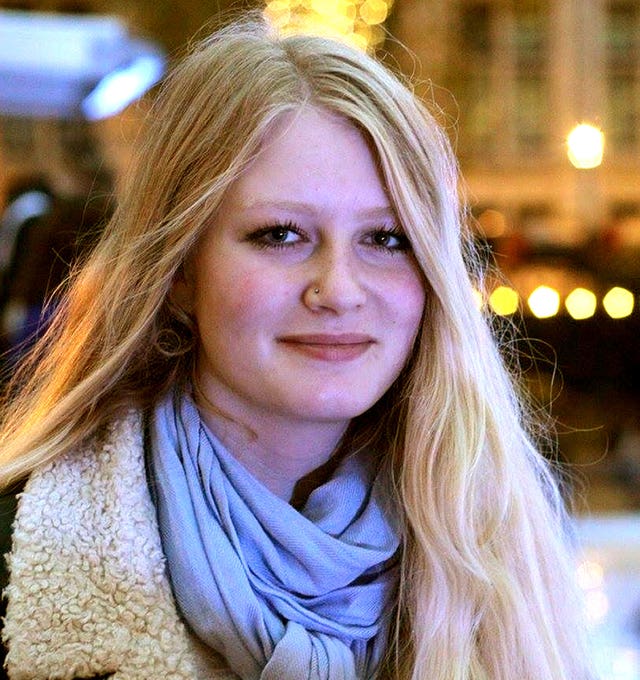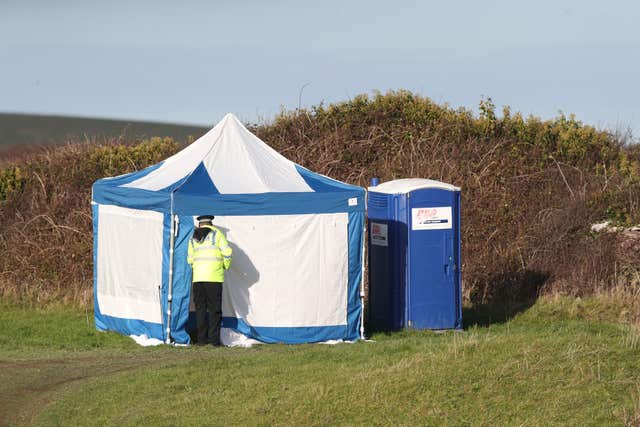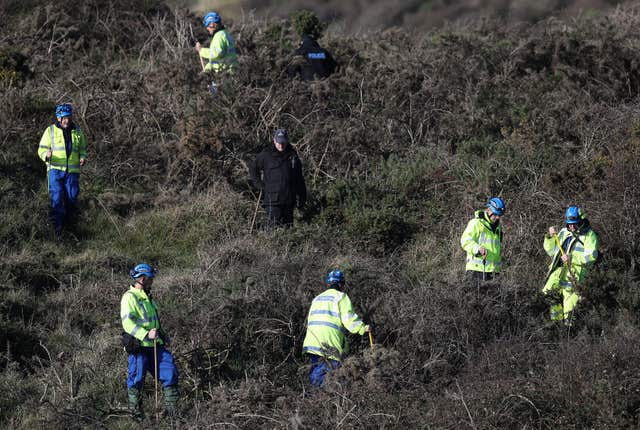A voluntary search expert has spoken of his frustration at delays in calling his organisation in the hunt for missing teenager Gaia Pope-Sutherland, an inquest has heard.
Trevor Antell, chairman of Dorset Search and Rescue (DorSAR), said the organisation was called out on five separate occasions to help look for the 19-year-old in November 2017.
Miss Pope-Sutherland, who suffered with severe epilepsy, had run away from her aunt’s home in Swanage, Dorset, in a “distressed” state on the afternoon of November 7.

The college student was found 11 days later in dense undergrowth between Dancing Ledge and Anvil Point near the Swanage coastal footpath having died of hypothermia.
Mr Antell told Dorset Coroner’s Court his organisation was called out by Dorset Police to search for Miss Pope-Sutherland on November 8, 11, 12, 16 and 18.
He told the jury DorSAR had carried out its own internal review into Miss Pope-Sutherland’s case and shared its findings with the police.
Asked about the findings, Mr Antell said: “Obviously the delay in calling us out … the frustration.
“There were, in the search on November 12, the people involved in that felt very unsupported.

“I think that was mainly a consequence of not having a DorSAR operations manager team there, like they are used to.”
Mr Antell said that in the case of the search for Miss Pope-Sutherland, there was a lack of detail between the various agencies about what tasks had been completed.
“This was a key learning. It came about with the multi-agency approach. We clearly had different language and if we said something was searched, we would generally say how it was searched,” he said.
“There was a piece of information that said The Priest’s Way area was searched – the track along the top of where Gaia was eventually found – I think it was pretty much a very hasty search by the Coastguard.
“That’s not to say that wasn’t the right thing to do at that time because hasty was probably good but it needed to be understood in the big log that was all that took place and that area had not been completely searched.
“But to leave with the doubt of how that was done was the issue.”

Mr Antell said statistically only 1% of missing persons later found dead were further away than Miss Pope-Sutherland was from the location they were last seen alive.
Asked how likely it was that she would have been found, Mr Antell replied: “Her find at that point was ‘fortunate’ rather than ‘expected’.
“Because of the discussions we had about that area being searched several times already, I think, had we not found her on that day, it wasn’t an area that a dog walker would find.”
He also explained that due to the number of days Miss Pope-Sutherland’s body had been in the location it was unlikely a specialist search dog would have found her.
Mr Antell said that had DorSAR been alerted on the night she was reported missing he did not think it would have made a significant difference.
“Based on the fact that if Gaia had gone straight there on that night, the opinion was it would not have made an actual difference to the material outcome being any different,” he said.
“But of course, we don’t know if Gaia went straight there. I don’t think us being called on November 7 would have made a material difference in the outcome.”
The inquest continues.






